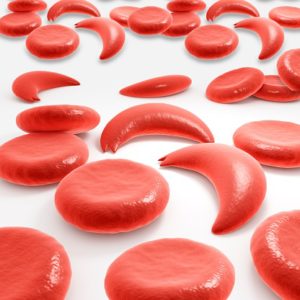The Therapeutic Apheresis Subsection of the AABB, composed of 15 practicing apheresis physicians from 14 institutions, recently summarized how they manage sickle cell disease (SCD) patients with respect to red cell exchange (RCE) and complications that may arise from this treatment. The subcommittee agreed that normal RBC transfusions are recommended for anemia when hemoglobin is <9g/dL or patients with uncomplicated pain crises. RCE, however, should be utilized to treat or prevent complications in patients with SCD, such as acute stroke, severe acute chest syndrome, severe sickle cell hepatopathy, and multiorgan failure. In addition, RCE may be useful prior to surgery, and chronic RCEs may be effective for stroke prevention. The subcommittee also advises to avoid hyperviscosity and iron overload in these patients, and they recommend a generic target level of <30% for hemoglobin S. Alloimmunization is a common complication for patients with SCD, and many institutions prophylactically match for immunogenic antigens. The subcommittee also emphasized that every patient with SCD must be evaluated on an individual basis.
Reference:

